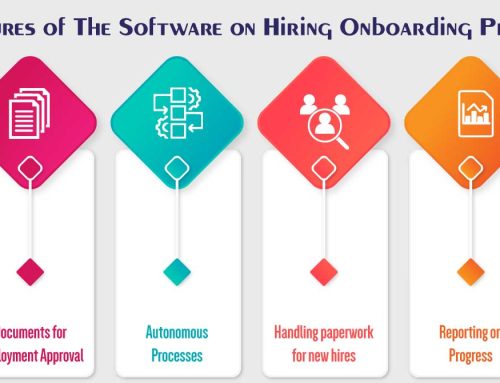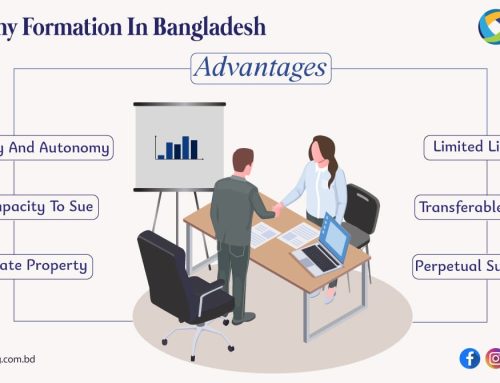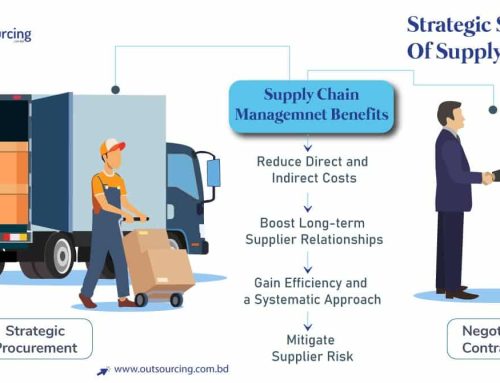In every organization, we generally find two (02) types of employees most seen. These are
- There are some employees, who only execute the work but lack any administrative, supervisory, and/or managerial capacity. They do not take any decision but only implement the directions and instructions given by their superiors.
- On the other hand, there are employees who have administrative, supervisory, and/or managerial capacity. Their job description allows them to decide on official matters further and in addition to the execution of work. The former type of employee is define as ‘Worker’ in the Bangladesh Labour Act while the latter type is not define anywhere.
To mark the distinction, let us term them as ‘non-worker’. As per Section 2 (65) of the Bangladesh Labour Act 2006 as amended by the 2013 Amendment: ‘worker’ means any person including an apprentice employed in any establishment or industry, either directly or through a contractor, in whichever name it is referred to, to do any skilled, unskilled, manual, technical, trade promotional or clerical work for hire or reward, whether the terms of employment be expressed or implied, but does not include a person employed mainly in a managerial, supervisory or administrative capacity. In order to clearly identify the true nature of the work of an employee discharging services in a supervisory, administrative and managerial capacity, the newly issued Rule has provided a definition for these words.
Two Important Rules
Under Rule 2(g) ‘Supervisory officer’ has been defined as a person, who by deriving powers/authority in writing from an employer or managing authorities, by exercising such authority provides or supervises the objectives, determines the ambit of work. And also controls the implementation of work, evaluates or reviews the
work provides directions to the workers in connection with an activity or service of a section of a factory or establishment PEO Insights.
Rule 2(j) clarifies that ‘Person employed in Administrative or Managerial capacity’ derives powers in writing from an employer or managing authorities. And is employed for approving or controlling the expenses of the establishment and the recruitment. As well as allocation of wages and benefits, termination or
removal from services, paying out the final settlement of the workers or employees of the factory or establishment PEO Insights.
A Worker when on very solitary occasions performs the functions of a manager, supervisory or administrative officer does not cease to be a Worker. What is important in determining whether a person is a ‘Worker’ or not is to see the main nature of the job done by him and not so much his designation. It has to be resolve in each case by reference to the evidence on record (i.e. the actual job description). It is pertinent to note that for the employees falling within the worker category, Bangladesh Labour Act is applicable.
How to Choose the Right EOR Service Provider
Choosing the right Enhanced Oil Recovery (EOR) service provider can be difficult. There are a few key considerations to make to ensure you find the right provider for your oil field project. First, consider the provider’s experience and expertise in the specific type of EOR technology you are looking for.
Experience and expertise are essential to successful EOR projects, so make sure the provider you choose has an extensive track record of successful projects. Second, assess the provider’s reliability and communication skills.
Make sure the provider is reliable, responsive, and able to communicate effectively with your team. Third, consider the provider’s cost structure. Ensure the provider can provide an accurate estimate of the project’s total cost, including any additional fees or charges associated with the project.
Finally, make sure the provider can explain the project’s timeline and ensure that milestones are meet. Once you have consider all of these factors. You will be better prepare to make an inform decision about which EOR service provider is the best fit for your project.
EOR vs. PEO: What’s the Difference
Employer of Record (EOR) and Professional Employer Organization (PEO) services are both popular solutions for businesses looking to outsource employment-related tasks. Here are some key differences between EOR and PEO services:
- Legal responsibility: With an EOR, the third-party provider becomes the legal employer of the workers. And assumes responsibility for employment-related tasks such as payroll, taxes, and benefits administration. With a PEO, the client company and the PEO share the legal responsibility for employment-related tasks.
- Workers’ compensation: With an EOR, the third-party provider is responsible for providing workers’ compensation insurance coverage for the workers. With a PEO, the client company and the PEO share the responsibility for providing workers’ compensation insurance coverage.
- Tax reporting: With an EOR, the third-party provider handles all tax-related reporting and filings. With a PEO, the client company and the PEO share the responsibility for tax-related reporting and filings.
- Flexibility: EOR services tend to be more flexible than PEO services, as EORs allow businesses to outsource specific employment-related tasks. While PEOs typically provide a more comprehensive suite of services.
- Size of business: EOR services are generally more suitable for small and medium-sized businesses that want to expand their operations into new regions or countries. PEO services are better suit for larger companies that want to outsource a wider range of HR and employment-relate tasks.
Conclusion
Whereas for the employees who are non-worker, the Bangladesh Labour Act is not applicable and the only governing rule is the ‘master-servant rule’ PEO Insights. The master-servant rule provides that the employment contract will dictate all the terms of employment between the employer and the employee. All the rights and obligations of the employee will flow from the employment contract. Unless any clause in the employment contract contravenes any provision of the laws of the land and basic principles of the law of contract. The employment contract will be the governing law for the employer and the employee of the non-worker category.





